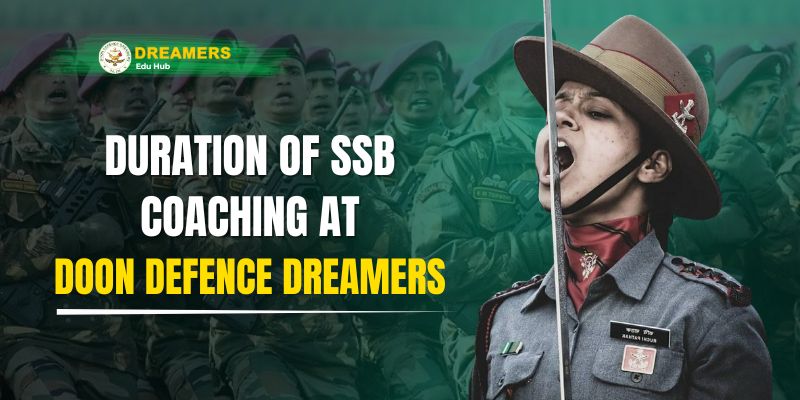The armed forces of any nation play a vital role in ensuring national security and defense. In recent years, there has been a growing recognition of the importance of gender equality and the inclusion of women in various fields, including the military. To foster gender parity and create equal opportunities, it is crucial to establish a comprehensive promotion policy for women officers in the armed forces. This policy should aim to eliminate gender-based discrimination, encourage diversity, and promote the professional growth of women officers.
- Equal Opportunities:
The promotion policy for women officers should prioritize equal opportunities for career advancement. This means that all eligible officers, regardless of their gender, should be considered based on merit, qualifications, and performance rather than any gender-based biases. The policy should ensure that promotion boards are free from any form of discrimination and are focused on assessing the individual’s capabilities and achievements.
- Gender Sensitization and Training:
In order to create an inclusive environment, it is crucial to conduct regular gender sensitization and training programs for all personnel in the armed forces. These programs should aim to raise awareness about gender issues, promote mutual respect, and eliminate gender stereotypes. By fostering a culture of respect and understanding, the armed forces can create an environment that encourages the professional growth of women officers.
- Mentorship and Support:
Promotion policies should include provisions for mentorship and support systems specifically tailored for women officers. Senior officers, both male, and female, can play a crucial role in mentoring and guiding women officers throughout their careers. Mentorship programs can provide valuable advice, support, and networking opportunities, enabling women officers to develop their skills and enhance their chances of promotion.
- Review of Recruitment and Retention Policies:
Promotion policies for women officers should be closely aligned with the recruitment and retention policies. The armed forces should review their recruitment processes to ensure equal opportunities for women in joining the military. Additionally, retention policies should focus on providing a conducive work environment that accommodates the unique challenges faced by women officers, such as maternity and childcare support.
- Monitoring and Accountability:
To ensure the effectiveness of the promotion policy, regular monitoring and accountability mechanisms should be established. The armed forces should collect data on promotion rates, gender distribution, and career progression of women officers. This data can help identify any discrepancies or barriers that may hinder the advancement of women officers. By analyzing this data and taking corrective actions, the armed forces can continuously improve the promotion policy and address any underlying issues.
Conclusion:
A robust promotion policy for women officers in the armed forces is crucial for fostering gender equality and enhancing the overall effectiveness of the military. By providing equal opportunities, implementing gender sensitization programs, offering mentorship and support, and aligning recruitment and retention policies, the armed forces can empower women officers to excel in their careers and contribute significantly to national security. It is essential for the armed forces to embrace diversity, recognize the valuable contributions of women officers, and ensure their professional growth and advancement within the ranks.





























